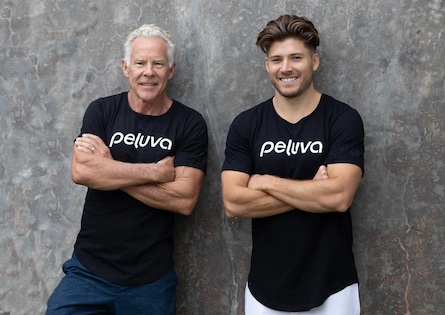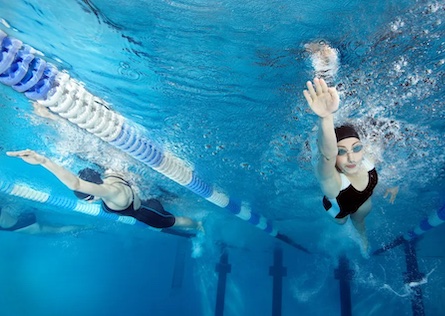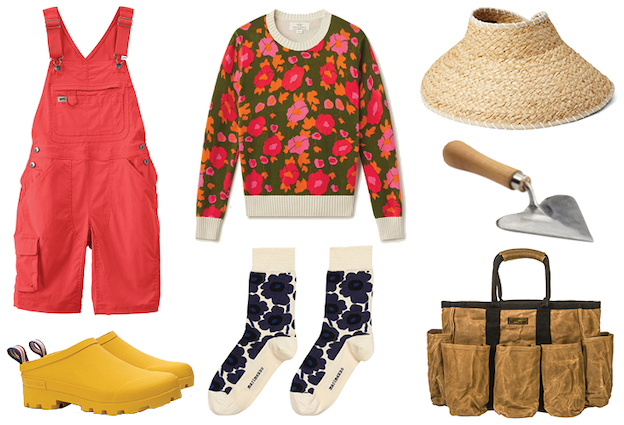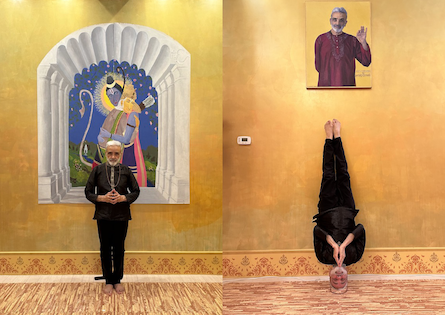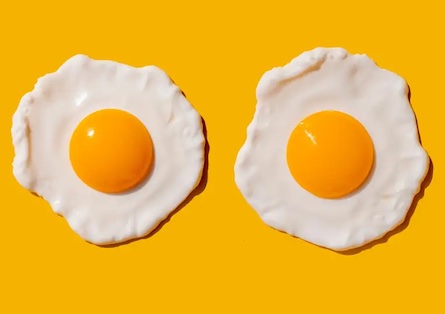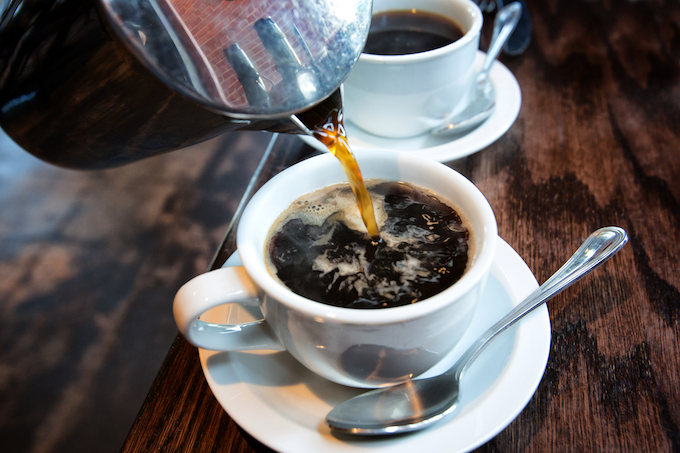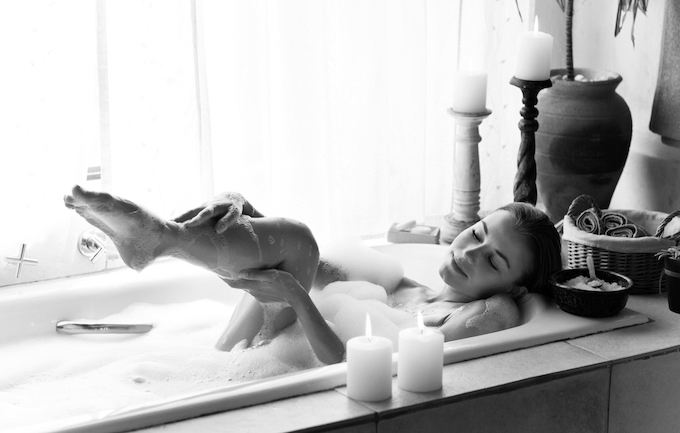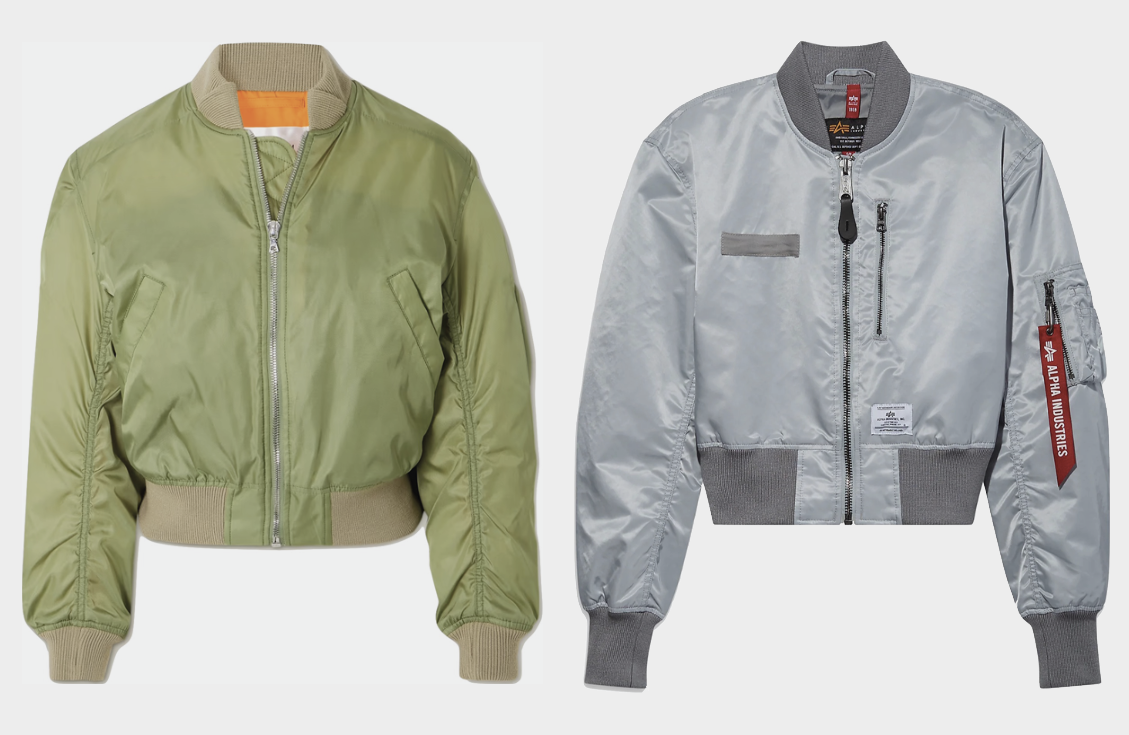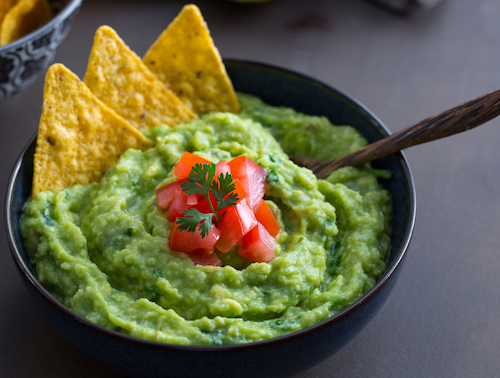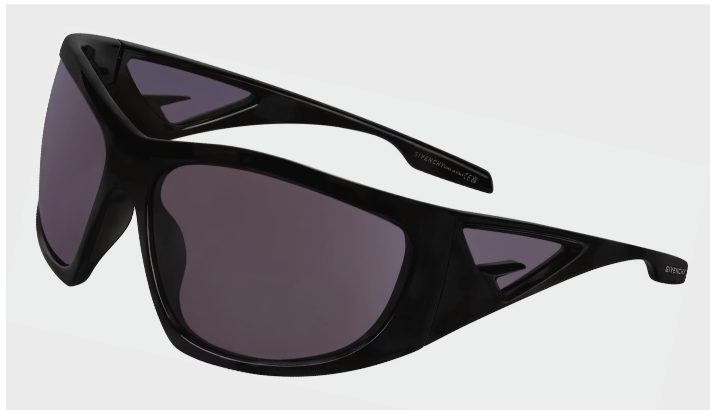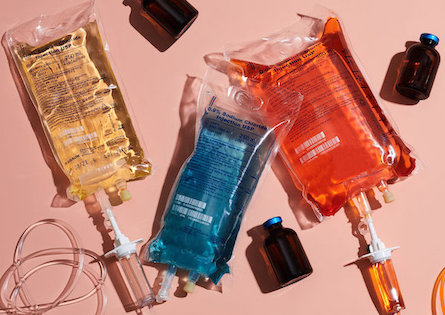About 70 million Americans suffer from chronic sleep problems. Although not always serious, left untreated, lack of sleep can cause an array of problems for daytime function, and lead to other health issues. Physiologically, when it comes to our fitness goals, not getting enough sleep can interfere with performance and even sabotage our weight loss… regardless of whether we are exercising regularly and eating a healthy diet.
Sleep has become one of the buzziest wellness topics, amplified over the past year by the inordinate amount of stress and anxiety the pandemic has caused. More than ever, people are not sleeping well. There is even a name for it, “Coronasomnia”. Here, at the start of Sleep Awareness Week we turned to our resident health and wellness expert, Sarah Wragge, for some answers and solutions to the sleep conundrum facing so many of us.
STYLE OF SPORT: I feel like I could not be talking to you at a better time as you just had a baby a few weeks ago and are the mother of a 4-year old as well!
SARAH WRAGGE: (Laughing)… You could definitely say I’m sleep deprived!
SOS: I know you’re usually on top of your sleep game, so let’s talk about this phenomenon of sleep deprivation and how it’s affecting so many of us.
SW: In my experience personally and with thousands of clients, sleep is the first and most important step in your wellness journey. If you don’t sleep nothing else I’m going to teach you about nutrition, exercise, and wellness in general is going to really work. It affects every choice you make.
SOS: Wow… why?
SW: Sleep regulates and balances the body in the same way healthy food and a healthy mind do. We all know how we feel when we’re tired. The same way acidic foods and too much sugar are toxic to the body, so is the mental instability we experience. It creates the same hormonal imbalance. I have clients who can’t lose weight because their cortisol levels are through the roof.
SOS: This comes back to a topic we have discussed so many times! How acidity from the foods we eat and the stress we experience wreak havoc on our system.
SW: Cortisol is our stressor hormone, which gets amped up when we’re tired. When cortisol is released, your body can’t burn fat. It also creates a natural craving for sugar.
SOS: Even if you don’t eat more sugar that stress reaction can still cause weight gain. Cortisol causes your insulin levels to spike as if you had consumed sugar. I’ve experienced that myself and especially during this pandemic.
SW: There is a correlation with blood sugar levels which are out of whack when we’re tired. You need energy. Sugar is the quickest way.
SOS: Rather than sugar, I start drinking a lot of coffee which I find can have the same physiological response. It starts to take a toll on the adrenal glands and insulin levels, which thus increase cortisol levels.
SW: The body gains weight because it’s in constant fight or flight mode. Caffeine also interferes with the release of melatonin, and thus sleep, so it’s a vicious cycle. It doesn’t always prevent you from falling asleep, but it will prevent you from having quality sleep. Caffeine actually has a half-life of 6 to 8 hours, so it’s still in your system within that time frame.
SOS: I’ve found that alcohol has the same effect as well. I sleep far worse if I’ve had alcohol than caffeine later in the day. What is the correlation here?
SW: Both affect your REM sleep. There are 4 stages of sleep that all have distinctive characteristics. Stages 1 to 3 are known as NonREM sleep and get progressively deeper. In REM sleep, the brain is very active. In fact, the brainwave frequency resembles that of a waking brain.
SOS: That’s so weird. You think it would be the opposite.
WYNN KATHERINE WRAGGE ENJOYING SOME REM SLEEP
SW: Yes, it’s sometimes referred to as a paradoxical sleep. Usually, REM sleep happens 90 minutes after you fall asleep. Your heart rate and breathing quickens. That’s when you have those intense dreams, since your brain is more active. The time spent in REM naturally changes over the human lifespan. As you get older, you sleep more lightly and get less deep sleep. Infants spend a significant amount of time in REM, about 50% of their sleep time, whereas for adults it’s typically about 20%.
SOS: Let’s talk about what we can do to get better sleep. What are some behavioral and wellness routines we can try?
SW: Besides limiting alcohol and caffeine before bedtime, there are a few simple things you can do for a better night’s sleep. First of all, get off the phone! Ideally you should not be looking at your computer or smart phone 2 to 3 hours before bedtime. The blue light these devices emit interferes with melatonin production as well. It’s actually a wake-up light, like sunlight. There needs to be a moment where you actually separate day from night.
SOS: That is so hard to do these days, as so many of us are working from home and not socializing at night. There is no natural separation anymore between office and home, or from day to night.
SW: Another quick tip is if you wake up in the night to go to the bathroom, try not to turn on the light. It’s another wake up signal to your body.
SOS: Now we know what a “nightlight” is for!
SW: Most important is trying to stick to a solid sleep regimen. What works for me and what works for my clients is creating a ritual around sleep. One of the most powerful and relaxing tools is a hot bath or shower. While it will raise your body temperature initially, when you get out, your body temperature drops which instigates the production of melatonin. Our body temperature is at its lowest during REM sleep.
SOS: Which totally explains why I sleep so much better in a cold room!
SW: If you want to supersize that ritual, add epsom salts to your bath for mineral replenishment. The contain magnesium, which is natural sleep aid. And if you want to take it a step further, add a tablespoon of baking soda. It’s the world’s most powerful alkalizer. Our skin is the largest organ, so if you do a combo of baking soda and epsom salts, not only are your replenishing mineral stores, but you’re neutralizing acidity too.
SOS: You mentioned magnesium. There are a lot of different types magnesium supplements as well. Is there a particular kind that helps with sleep?
SW: Yes, magnesium glycinate or bisglycinate. It’s a highly absorbable form of magnesium that helps your muscles relax and has a calming effect. It promotes a deep and restorative sleep. The glycine also helps lower body temperature at bedtime, which we just mentioned signals your body that it’s time for bed. Magnesium glycinate helps to activate the entire parasympathetic nervous system which is not only responsible for rest, but for digestion too.
SOS: Double whammy! Personally, I’ve found many of the meditation apps like Calm and Breethe to be very helpful for sleep. My newest find is Wave, which has bedtime meditations only, live and on-demand. They actually encourage you to book a sleep session, and put it in your calendar like an appointment, so you have to show up for bedtime. Even if I don’t think I’m tired, I just lie down, turn off the lights, and start listening. Before I know it, I’m asleep.
SW: It all comes down to routines and regimens, and they are not the same for everyone. In fact, we don’t all need the same amount of sleep. 8 hours is a myth. 6 hours of deep sleep is far better than 8 hours so-so sleep. But what’s key is a consistent bedtime and wake-up time. When the brain knows when to go to sleep and when to wake up, the body falls into a sleep rhythm and there is a higher quality of sleep. It’s more about quality than quantity.
SOS: All very practical advice. In the end, it seems like better sleep comes down to the things we always talk about.
SW: Yup… getting off that roller coaster diet, limiting our caffeine and alcohol intake, and eating balanced meals that keep blood sugar levels stable. Along with creating relaxation rituals, it’s the key to overall wellness and a good night’s sleep.


